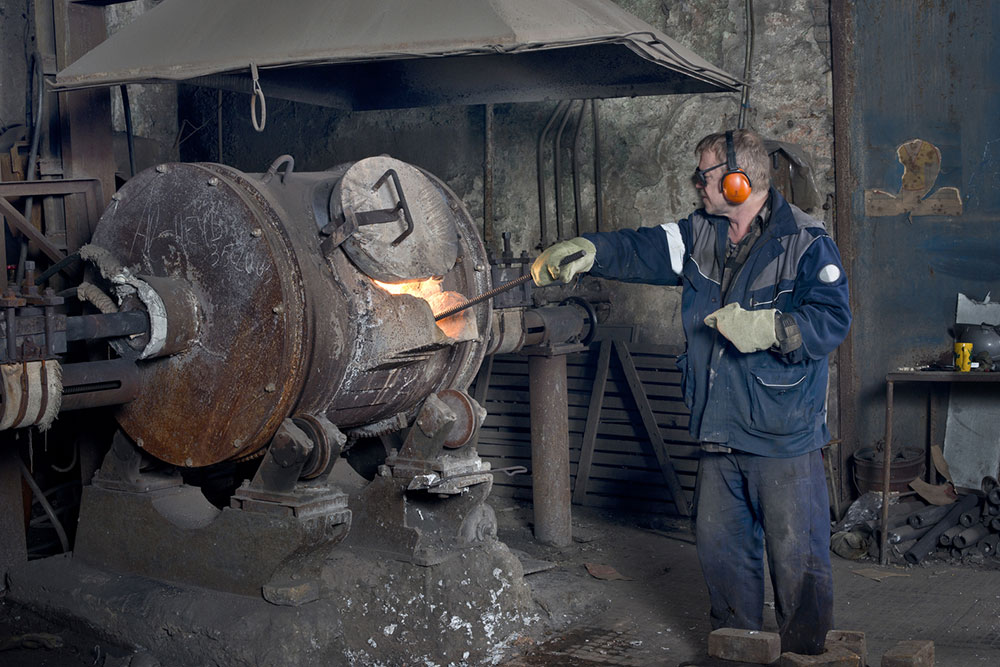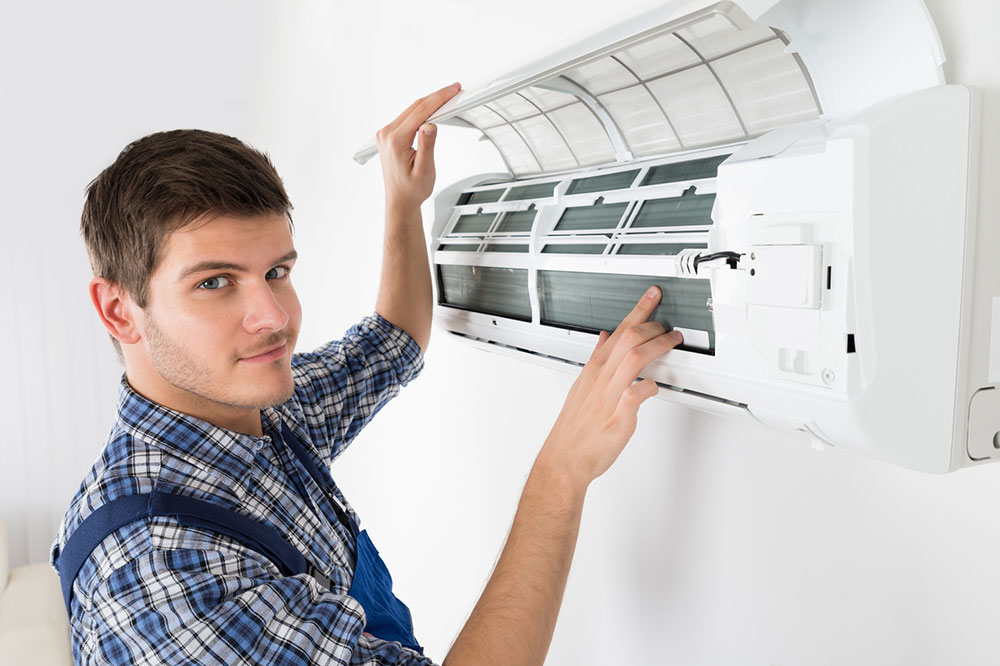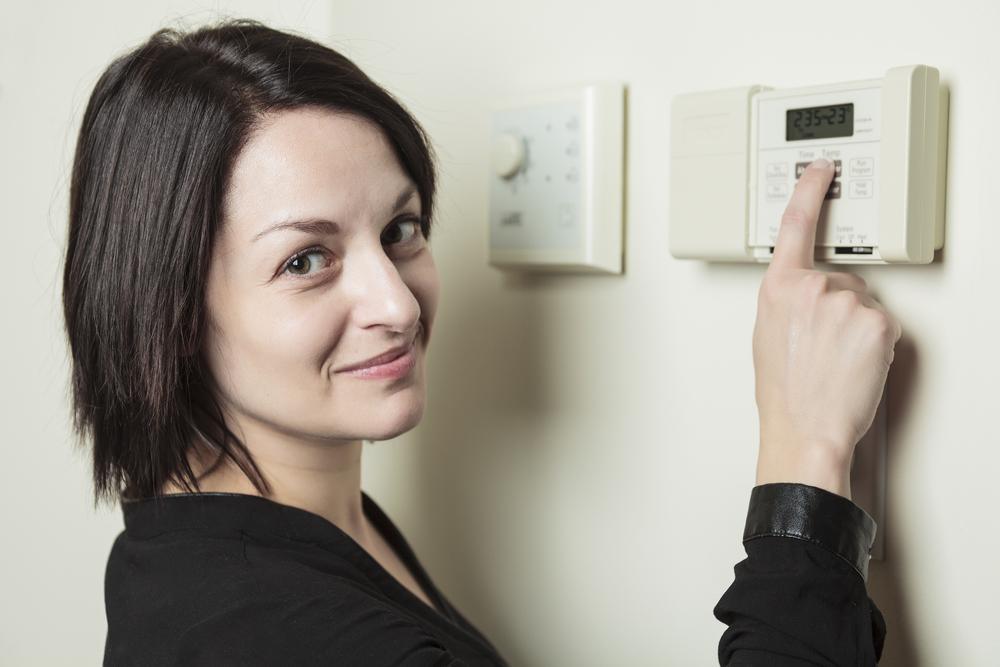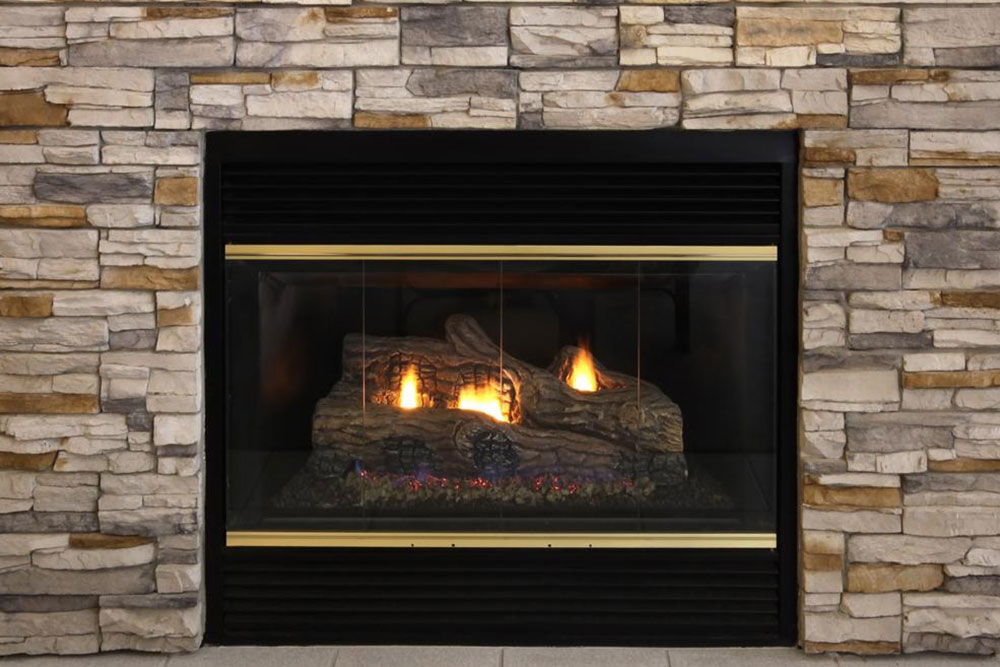Your Ultimate Guide to Choosing the Right Furnace Brand
Discover essential tips for selecting the perfect furnace brand, focusing on energy efficiency, proper sizing, climate compatibility, air quality features, zoning options, maintenance, thermostat integration, and professional installation. This comprehensive guide helps homeowners make informed decisions for reliable, cost-effective heating solutions tailored to their needs and environment.

Key Tips for Selecting the Best Furnace Manufacturer
As winters become harsher, having a dependable and efficient furnace is essential. Options include electric, natural gas, oil, and propane systems, tailored to individual needs. With a multitude of brands available, in-depth research is vital for making an informed decision. These practical guidelines will help you identify a furnace brand that offers comfort, energy savings, and durability, ensuring your home stays warm and cost-efficient year-round.
Prioritize Energy Efficiency
Choosing a high-efficiency furnace can substantially reduce heating expenses. Since nearly 50% of household energy use goes toward heating and cooling, selecting a model with excellent efficiency is smart. Many modern furnaces from reputable brands achieve high AFUE ratings—between 94% and 98.5%. Some top-tier brands like Lennox reach 99%, with prices ranging from $3,100 to over $10,000.
Choosing the correct size furnace is vital for peak performance and energy conservation. Different manufacturers produce various sizes and designs configured to your home's specifications. An oversized unit can cause inefficiency and temperature swings, while an undersized one may struggle to heat sufficiently. Consulting with a heating specialist can help determine the perfect fit based on your home’s size, insulation levels, and window count. Some brands even offer free sizing assessments.
Match Your Climate
The local weather significantly influences the ideal furnace choice. Colder regions demand higher BTU outputs to adequately heat spaces, whereas warmer zones require less powerful units. Select a brand that provides models suited for your climate to ensure reliable and efficient warmth.
Features for Better Indoor Air Quality
The type of furnace impacts air purity. Less efficient models may circulate pollutants, affecting health. Seek brands that include features such as air filters, UV germicidal lights, and humidity control. Leading models in 2024 often incorporate these options. For example, Goodman offers accessories for cleaner, healthier indoor air.
Zoned Heating Options
Many homeowners prefer heating specific zones within their home for energy efficiency and comfort. Zoned systems enable individual temperature regulation, reducing energy use and prolonging furnace lifespan. York manufactures systems capable of managing up to eight zones, with prices from $4,500 to $9,000 per zone.
Maintenance and Service
Regular upkeep is crucial to prevent unexpected failures, particularly in winter. Maintenance costs vary depending on the brand and model, with electric furnaces generally easier to service. Discuss maintenance requirements with your supplier prior to purchase to ensure long-term performance and durability.
Smart Thermostat Compatibility
To enhance energy savings, select a furnace compatible with smart thermostats. Brands such as Trane and American Standard offer models with advanced controls, providing features like real-time diagnostics, humidity management, and automatic adjustments. These add convenience and efficiency, with prices between $3,500 and $15,600.
Proper Installation
Expert installation plays a critical role in a furnace's performance. Hiring trained professionals ensures safety, optimal operation, and longevity. Major brands like Carrier, Lennox, and Trane typically include professional setup, which may increase initial costs but results in lower energy bills and longer-lasting comfort.Note:
Our blog provides a wide range of insights and practical tips across various topics. While we strive for accuracy, we advise readers to consider the information as general guidance. For specific needs and current offers, consulting local heating experts or providers is recommended.


